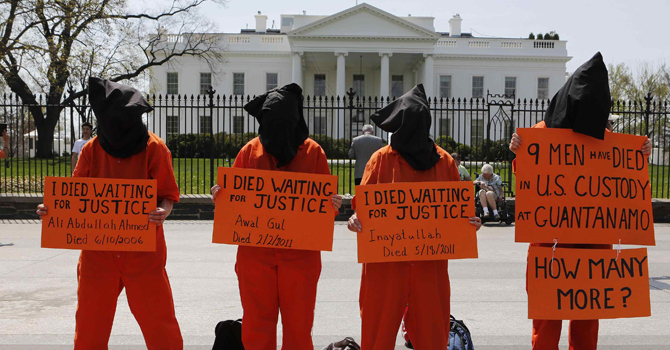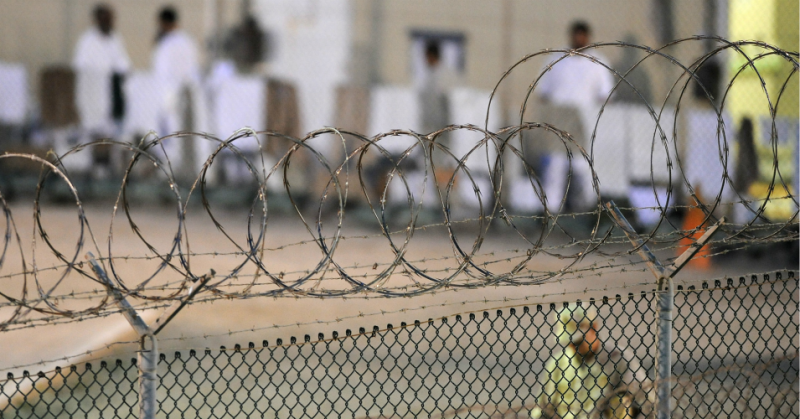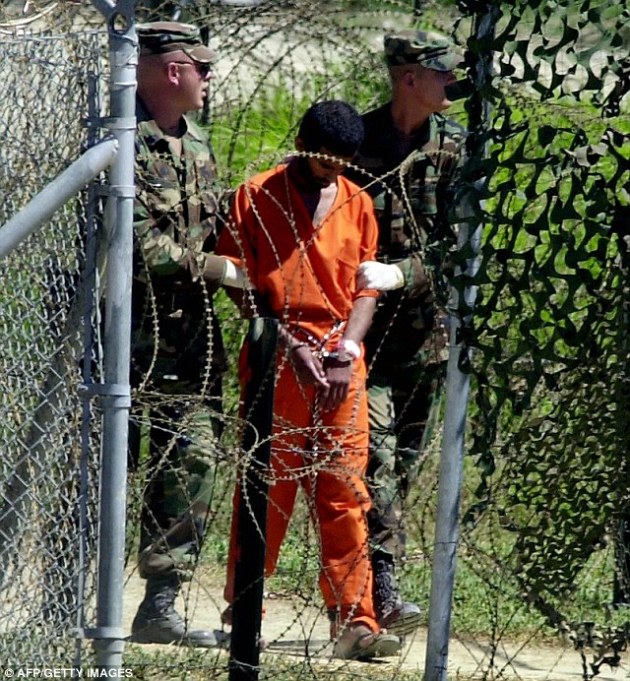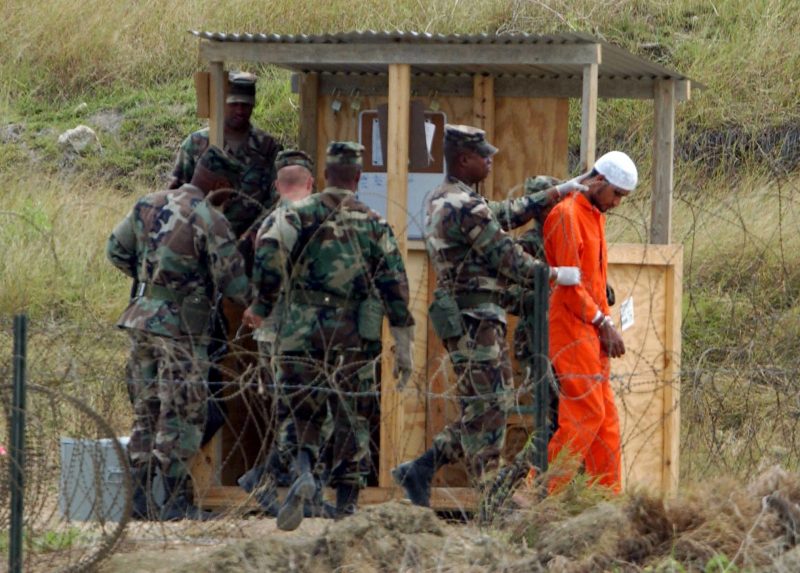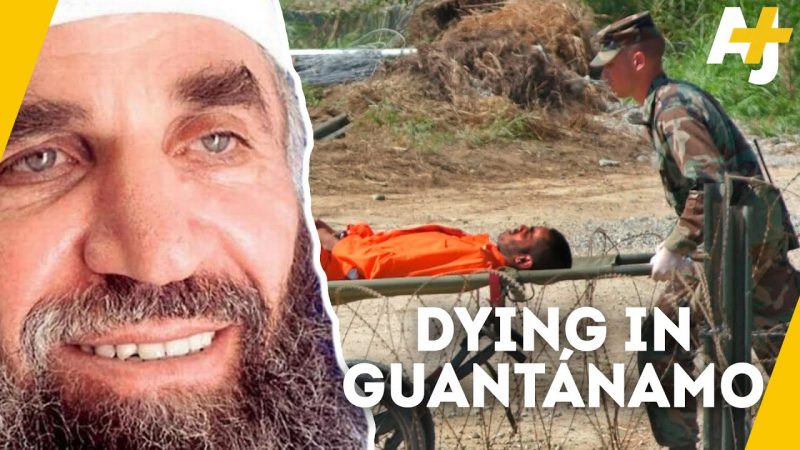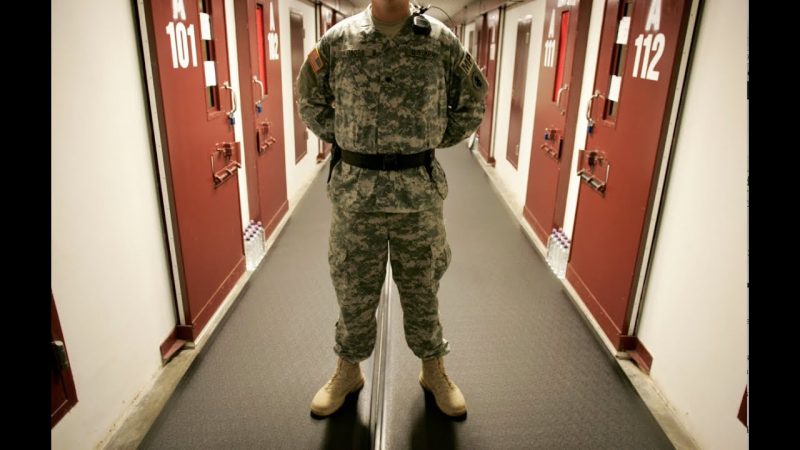dI am prepared to die, if it comes to it. I look ahead, and all I see is suffering. But what is the point of good health in life, if I cannot be home?
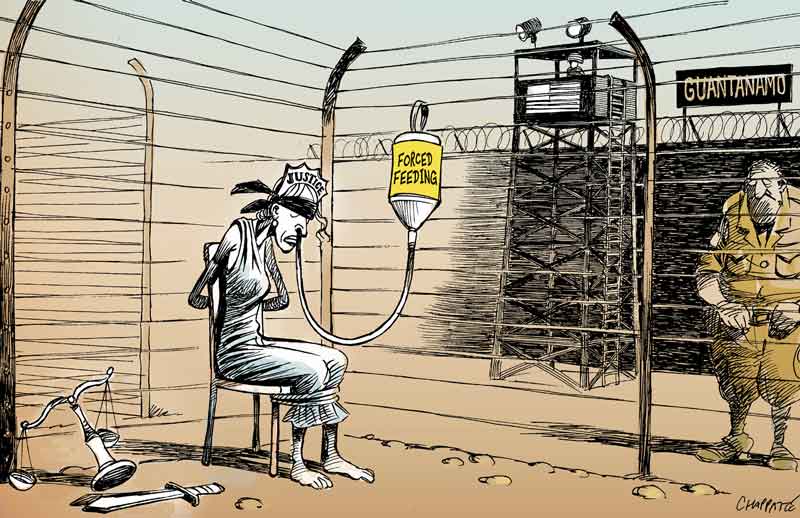
I am an expert hunger striker now. I have been going for almost nine weeks and have lost thirty pounds. I now weigh now 115 pounds—I checked this morning.
The first three days were hard but after that, my stomach shrank and I was no longer hungry. I drink water because otherwise I would soon die, but I am not feeling thirsty. I am feeling very weak, though.
The new Senior Medical Officer is a decent guy. He comes by to check on me, and says he is sympathetic. He asks if I am going to harm myself or anyone else. I say no, it is just a peaceful protest.
“I don’t want to just sit patiently in my cell until I die here. I do not want to die here at all, but I have to do something.”
“Give me freedom or give me death.” This principle is very important to me. I don’t want to just sit patiently in my cell until I die here. I do not want to die here at all, but I have to do something.
I thought of a phrase I learned in English: “It’s a dog eat dog world.” For now, I am the cannibal, because my body is eating itself. It has nowhere else to go for nutrition.
They still bring the food at every meal. I asked the guards not to but they insist they are under orders to offer me something to eat, so they just leave it there. It is quite torturous, though I have no appetite now.
I find myself slipping away. My immune system is sinking slowly. When I lie down it is hard to stand up. I have trouble focusing. My memory is bad. I forget the names of my family and close friends. I have forgotten parts of the Holy Qur’an that I had memorised. When I pray, I find that I cannot remember my prayers.
If I try to send a letter to my family, I find myself writing the same sentence over and over. They are very important to me, and I am desperately worried about them.
Afghanistan is a poor country, without the resources to fight Covid-19, and they live in a crowded refugee camp. I want nothing more than to put food on the table and share it with them.
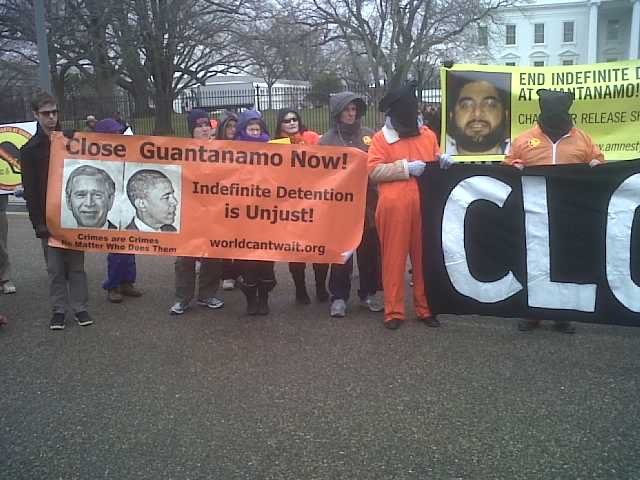
I have nightmares. They repeat and repeat. I am in a very dirty area. I try to avoid stepping, bare foot, in feces, though it turns out to be a land mine. Sometimes there are snakes, and I must find a path through them. I wake up suddenly, feeling cold, with my heart beating very fast.
“After thirteen years detained without trial, it is the only form of protest left to me—the only way to assert my humanity.”
Maybe they will start force feeding me if I go under 110 lbs. They did it to me in 2013. They force you to take liquid nutrient. The nicer guards allow you to drink it in front of them but normally they put a 110 centimeter pipe up your nose. It is very painful.
As it goes in you feel you must throw up and become desperate to take it out. It is more painful for me than when I was thrown out of the bus and my bones were broken.
And this is every day. It can take an hour and a half but they cheat and do it quicker, which is actually more painful. All this time you are sitting in the Torture Chair, strapped down tightly.
One day a woman tried to put it in and couldn’t. She tried for five or ten minutes. She just did not know what she was doing. It was excruciating.
I am prepared to die, if it comes to it. I look ahead, and all I see is suffering. But what is the point of good health in life, if I cannot be home?
My daughter was three months old when I last saw her. She is now thirteen, growing up without a father in a refugee camp where school has been closed for five months now because of the virus. If I was there I could help to teach her. I could even teach her the English I have learned here in Guantánamo.
I am not hunger striking to make the military administration unhappy. After thirteen years detained without trial, it is the only form of protest left to me—the only way to assert my humanity. Guantánamo strips us of every human right but the right to life.
Perhaps as my life ebbs away, the U.S. will at least be confronted with the pointless cruelty of keeping me here.
Asadullah Haroon is an Afghan citizen detained at the offshore U.S. military prison at Guantanamo Bay, Cuba without charge or trial since 2007.
The 21st Century
The views expressed in this article are solely those of the author and do not necessarily reflect the opinions of 21cir.

